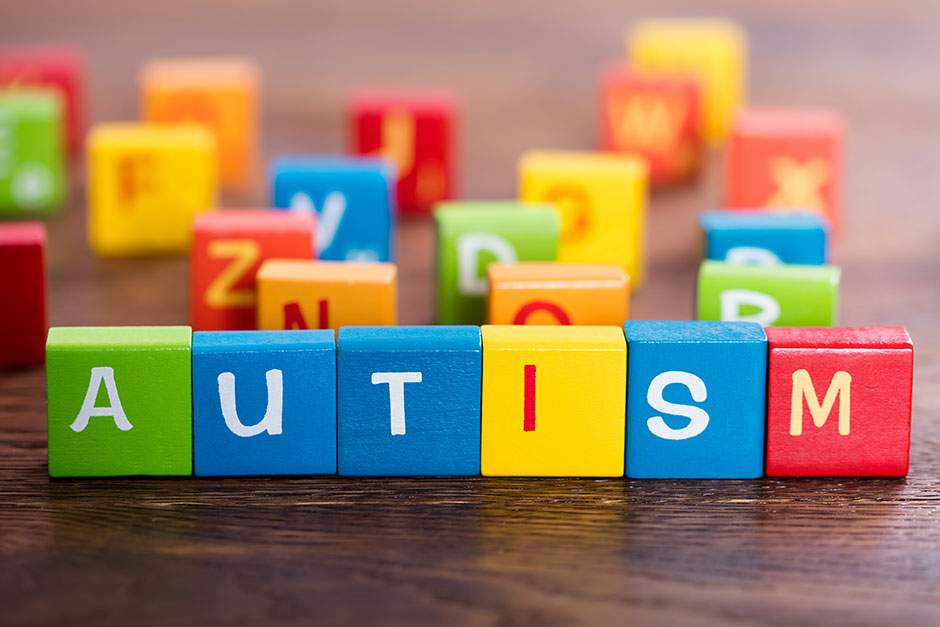Travel is particularly difficult for many families with autistic children. They may have trouble adapting to change in their surroundings and routines. They can become quickly overwhelmed by sensory input, can wander off in an unfamiliar location, and experience a range of other issues. As awareness grows, so does the thinking behind how to cater for all families.
"It meant a lot to her son and her whole family to have a holiday experience and make holiday memories just like any other family!"
Currently, 1 in 100 Australians has an Autism Spectrum Disorder (ASD). ASD affects how 736,000 Australians communicate and interact with others. It affects 736,000 Australians with Autism Spectrum Disorder, Global Developmental Delay and other intellectual delays make sense of the world.
People with ASD experience difficulties with restricted/repetitive interests and behaviours. These are often accompanied by sensory issues, such an oversensitivity or under-sensitivity to sounds, smells or touch. All of these difficulties may lead to behavioural challenges in some individuals.
"Walking into a crowded hotel lobby, there’s a lot of people, noise, stimulation, and sensory input for a family and a child, and that can be a tough start to a holiday. But walking into a home, it's welcoming, calm, and familiar. A lot of kids have trouble with change, but a home environment makes it much easier for the whole family."
Holiday rentals, private homes by nature, add a layer of comfort for guests. The opportunity to control the environment in a home for a family is much easier than in a hotel. To meet the rising demand for family holidays, when every person is considered in making holiday plans, and holiday rental property managers are looking to modify and upgrade accommodation.
6 Tips for Holiday Rentals
- Quiet location
- Soft lighting, soft or neutral colours, soft sheets, and fragrance-free cleaning products to minimize stimulation
- Pet-friendliness is strongly recommended because many kids with ASD have service pets
- Alarms on exit doors to alert caregivers if a family member with ASD wanders off
- Security fence around a pool
- Full kitchens so parents can cook specialized meals because kids with ASD often have allergies and other dietary sensitivities.
There are a growing number of places around Australia where you can take your child to fulfill their sensory needs. Source Kids has some suggestions that you can look into, click here to see their national list of inclusive sensory spaces.
You can ask the IDEAS Information Team about anything you are looking for, from government entitlements, the NDIS, to travel ideas, equipment and leisure supports, to housing, education, and work solutions, to transport, taxi schemes and cultural access, art-making practice and sports.



